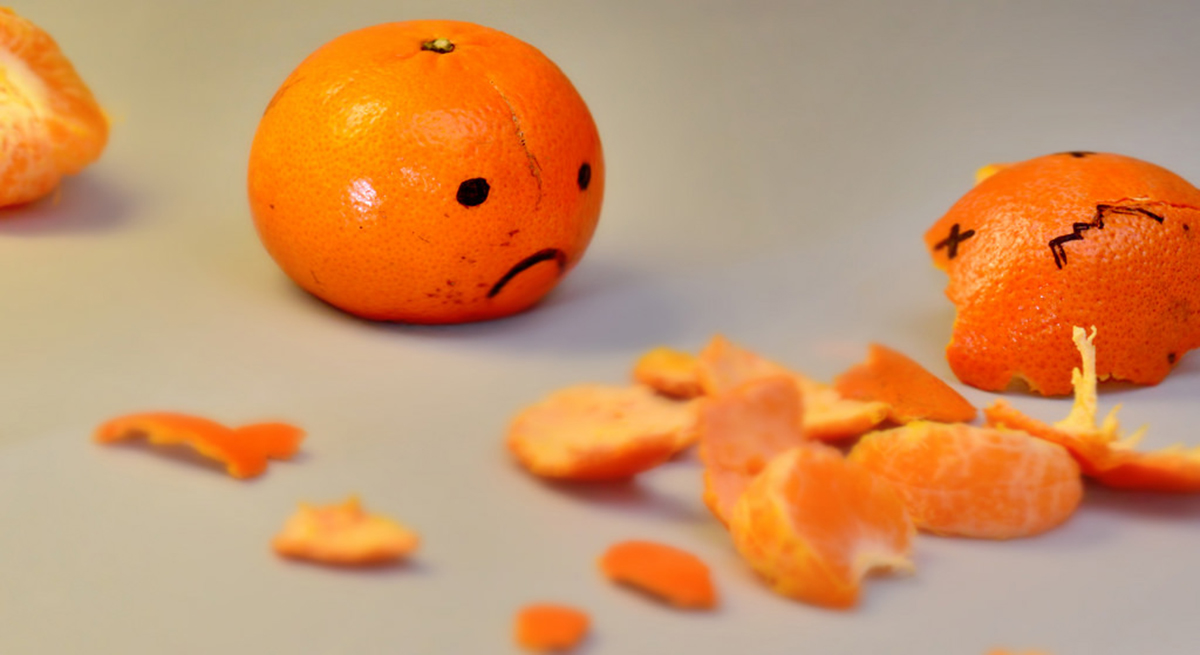Table of Contents
There is an astonishing range of diseases that are caused by or aggravated by an overactive immune system.
These include allergies of all kinds, Alzheimer's disease, anemia, ankylosing spondylitis, autism, arthritis, carpal tunnel syndrome, celiac disease, congestive heart failure, Crohn's disease, type 1 diabetes, eczema, fibromyalgia, fibrosis, gallbladder disease, gastroesophageal reflux disease, Guillain-Barré syndrome, Hashimoto's thyroiditis, heart attack, autoimmune hepatitis, kidney failure, lupus, multiple sclerosis, neuropathy, pancreatitis, psoriasis, rheumatic fever, scleroderma, stroke, and complications of surgery.
That list was intimidating to read through, but even more so to consider when you're thinking about ways to boost your immune system.
Except for allergy, most of these conditions are driven by cytokines, chemicals generated by the immune system against a microorganism that have a molecular configuration that causes them to attach to certain kinds of healthy cells like a key fits in a lock. Long after the immune system has vanquished an infection, it continues to attack healthy organs.
Immune hyperactivity tends to wax and wane. There can be a long period in which an autoimmune disease produces relatively few problems, only to burst into full symptoms when some other infection, or some inappropriate use of an immune stimulant, reactivates the misguided immune attack.

What can you do to avoid over-stimulating your immune system? To a certain extent, immune diseases are hereditary, but they almost always have environmental triggers, some of which you can modify or influence:
- The older you get, the more important it becomes to avoid infections. It may or may not be a good idea to get immunizations against common infections. If the vaccine uses a live virus or a live bacterium, ask your doctor if it wouldn't be a good idea to skip it. If the vaccine uses a dead virus or a dead bacterium, then it's less likely to trigger an autoimmune response. However, the reaction to the disease itself is usually a lot worse than the reaction to the vaccine.
- Wheat, oats, and potatoes tend to activate inflammation (which causes tissue damage) even in people who don't have celiac disease. On the other hand, rye tends to reduce inflammation. Replacing wheat with rye can make a huge difference in autoimmune symptoms in some people. The problem is that most "rye" breads also contain sneaky portions of wheat flour. Sourdough bread made with 100 percent rye flour is best if you are hoping to avoid inflammation while still enjoying bread.
READ 10 Super Powerful Herbs And Spices Your Body Needs To Boost Immune System
- Probiotic bacteria in the colon make butyric acid, which reduces inflammation in the body. There's also butyric acid in butter. Make sure you get some probiotic bacteria in your weekly diet. They occur in unpasteurized yogurts made from animal milks, soy milk, or coconut milk, and in fermented vegetables (such as kimchi or sauerkraut) that have to kept in the refrigerator, that haven't been heat-treated so they can be stored on the shelf.
- "Immune stimulant" herbs aren't a good idea if you have autoimmune disease. Echinacea, in particular, can be problematic. The problem isn't that echinacea doesn't work. The problem is that it works by providing a complex carbohydrate that "looks" like the surface of a germ to the immune system, which increases the production of T cells. The same T cells that can attack infections can also attack the linings of your joints and kidneys. For preventing colds and flu, wash your hands frequently, and avoid getting sneezed on.
- Vivian Callier. Autoimmune diseases may be side effect of a strong immune system. New Scientist. 29 July 2016.
- Photo courtesy of thdoubleu: www.flickr.com/photos/thdoubleu/9530828589/
- Photo courtesy of kevinshine: www.flickr.com/photos/kevinshine/10157989974/
- Photo courtesy of thdoubleu: www.flickr.com/photos/thdoubleu/9530828589/

